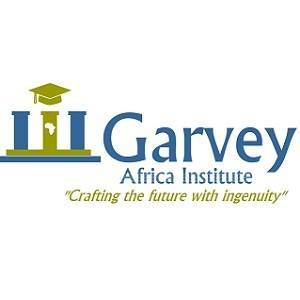It is increasingly becoming glaringly clear that many development interventions do not succeed in producing sustainable economic and financial outcomes for the poor. The growing focus on value chain development is to markets work for the poor.

It is increasingly becoming glaringly clear that many development interventions do not succeed in producing sustainable economic and financial outcomes for the poor.
The growing focus on value chain development is to markets work for the poor. Value chain development empowers small businesses and those at the grassroots to sell to more stable, higher volume or higher value markets.
Linkages improve the competitiveness of the industry and increase benefits for low-level producers especially through improved access to markets, both domestic and global consequent upon efficient flow of knowledge and resources along value chains.
This study on value chains helps diagnose underlying constraints affecting the performance of value chains as a whole. In principle value chains encompass the full range of activities and services required to bring a product or service from its conception to sale in its final markets (from source to sink)—whether local, national, regional, or global.
Those on a value chain would include input suppliers, producers, processors, and buyers, as well as the support services and enabling environments that form a dynamic market system.
Garvey Africa Institute is a training institution registered in South Africa with the Companies and Intellectual Property Commission (CIPC).
It contributes towards meeting the continent’s ongoing training and skills development needs through offering diverse professional short, medium and long term courses designed to address the performance needs of the private sector, Governments, Parastatals, Community Based Organisations (CBOs) and Non-Governmental Organisations (NGOs).
© 2025 coursetakers.com All Rights Reserved. Terms and Conditions of use | Privacy Policy